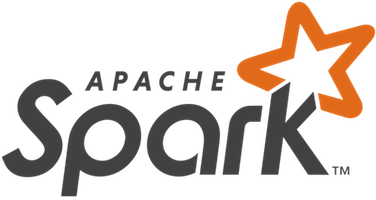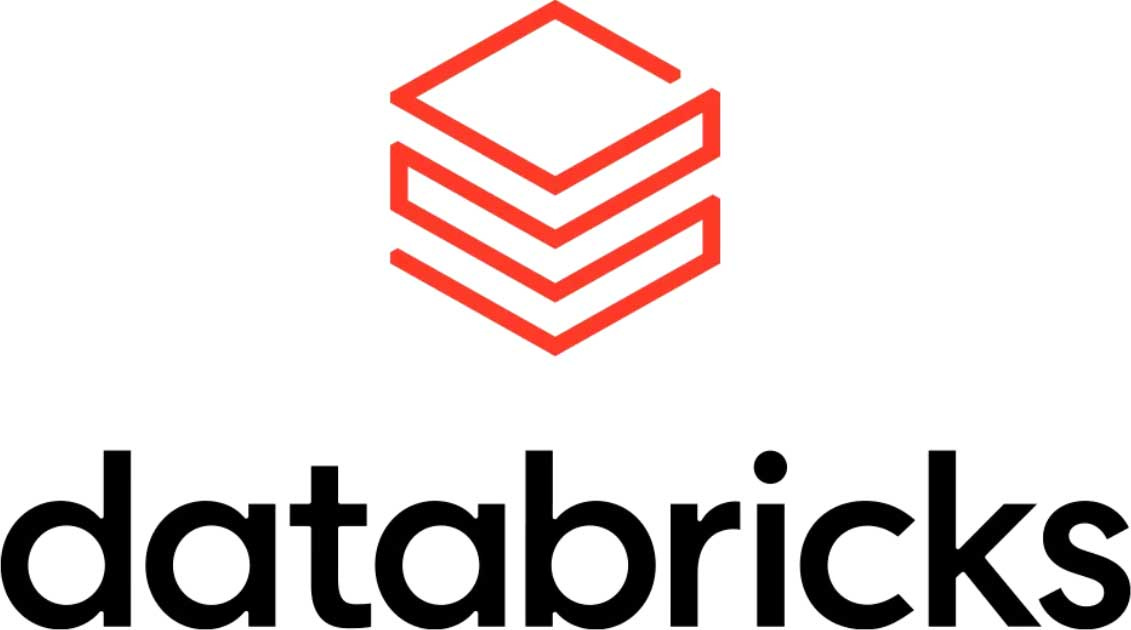The Top 10 Must-Try Data Management Tools for 2024
(07:47)
It will come as no surprise to our readers that we’re passionate about effective data management. In today’s data-driven landscape, managing data efficiently and securely is crucial for organizations of all sizes. With the vast array of data management tools available, it’s easy to overlook just how integral these technologies have become to modern businesses.
So, we thought we’d use this piece to put together a list of some of our data management tools and platforms that we and so many others benefit from every single day.
1. Bacalhau
Naturally, we’re going to start with Bacalhau because it’s what we think about from sunrise to sunset (followed by dreaming about the future!)
Bacalhau from Expanso is an advanced, distributed data processing project designed to handle large-scale data workloads efficiently across vast numbers of interconnected nodes. It provides a powerful, versatile solution for data scientists, engineers, and developers who need to process data quickly and reliably through a single, unified interface regardless of where data is stored.
Bacalhau nodes can also serve as compute targets for distributed workloads, enabling developers to quickly spin up resources to meet demand as needed.
Feature highlights:
Decentralized Processing: Uses a decentralized architecture to distribute workloads across multiple nodes, enhancing processing speed and ensuring high availability and fault tolerance.
Interoperability: Integrates effortlessly with a wide range of data sources and tools, including cloud storage solutions, databases, and other data processing frameworks.
Sensitive Data Processing: Offers an intuitive design and comprehensive documentation.
Security and Compliance: Incorporates robust security measures and complies with industry standards and regulations.
2. Apache Hadoop
The Apache Software Foundation has been a cornerstone of open source software development for over 25 years, it’s only natural that their software is making an appearance in this list not once, but twice!
First up, Apache Hadoop. Hadoop is an open-source framework for distributed storage and processing of large datasets using the MapReduce programming model. From small side-projects - to behemoths like Facebook and Walmart using Hadoop to power worldwide processes and services, Hadoop can stand tall as one of the most robust, and well known open source projects helping developers manage and process data at almost any scale, wherever it sits.
Feature highlights:
Distributed Storage and Processing: Efficiently stores and processes large datasets across clusters of computers.
Fault Tolerance: Automatically handles hardware failures and ensures data availability.
Scalability: Scales out to thousands of nodes with ease.
Ecosystem Integration: Works seamlessly with other tools in the Hadoop ecosystem, such as Hive, Pig, and HBase.
Website:
3. Apache Spark
Keeping in line with the Apache theme, next up is Apache Spark. Spark is a unified analytics engine for large-scale data processing, with built-in modules for SQL, streaming, machine learning, and graph processing.
Today, you can find companies like Netflix and Uber harnessing Spark's capabilities to process and analyze streaming data in real-time, enabling them to deliver personalized recommendations and optimize ride-sharing logistics - to say but a few.
Feature highlights:
Fast Processing: In-memory computation increases processing speed.
Versatility: Supports a wide range of data processing tasks, including batch, streaming, and interactive queries.
Ease of Use: Provides high-level APIs in Java, Scala, Python, and R.
Integration: Easily integrates with Hadoop, HDFS, and various cloud data sources.
Website:
4. Databricks
Databricks is a unified analytics platform that accelerates innovation by unifying data science, engineering, and business. Built on Apache Spark, Databricks can accelerate workflows by optimizing runtimes and providing a collaborative environment that supports the entire lifecycle of data.
Databricks has found usage in large enterprises and organizations with complex logistics, from telecoms giants such as Comcast and and AT&T, to the United States Postal Service - all building on Databricks to make sure they’re able to squeeze every byte of value out of their data.
Feature highlights:
Unified Analytics: Combines data engineering, data science, and machine learning in a single platform.
Optimized Apache Spark: Provides an optimized runtime for Apache Spark to enhance performance.
Collaborative Workspaces: Allows collaborative workspaces with notebooks and version control.
Scalability: Scales effortlessly with the underlying cloud infrastructure.
Security: Implements enterprise-grade security and compliance features.
Website:
5. Power BI
Power BI is Microsoft’s premier business analytics tool that enables users to visualize and share insights from their data. Heavily focussed on visualizations, Power BI enables users to quickly generate dashboards and reports that can help users understand data at both high and low levels at a glance.
Feature highlights:
Data Visualization: Creates interactive dashboards and reports with a variety of visualization options.
Integration: Connects to hundreds of data sources, including Excel, SQL Server, and cloud-based services.
AI Insights: Leverages AI capabilities to gain deeper insights from data.
Collaboration: Shares reports and dashboards within and outside the organization securely.
Mobile Access: Provides access to insights on the go with mobile apps.
Website:
https://powerbi.microsoft.com/
6. Microsoft Excel
Microsoft Excel has been fundamental part of business operations for over 35 years. At its core, it’s a spreadsheet program for data analysis, visualization, and reporting - though it’s often used for so much more.
Excel also has advanced querying and analysis features, such as Power Query and Power Pivot, which most any data analyst will swear by and have close to hand in their toolset.
Feature highlights:
Data Analysis: Offers powerful functions and formulas for data analysis.
Visualization: Provides a variety of charts and graphs to visualize data.
Data Handling: Handles large datasets with ease using Power Query and Power Pivot.
Collaboration: Enables real-time collaboration and sharing of workbooks.
Integration: Integrates with other Microsoft products and various data sources.
Website: https://www.microsoft.com/excel
7. Fivetran
Fivetran specializes in moving data. It’s a fully automated data integration tool that helps sync data from different sources to your data warehouse for further, large-scale analysis.
With an additional focus on being able to dynamically adapt to scheme changes and scale with data, it’s no surprise that Fivetran has found a home in a diverse array of companies, from Square in the finance sector, to Udacity in Education, and Okta in Security
Feature highlights:
Automated Data Pipelines: Automatically adjusts to schema changes to ensure continuous data flow.
Wide Range of Connectors: Supports a vast number of connectors for various data sources and destinations.
Scalability: Scales to handle increasing data volumes effortlessly.
Reliability: Ensures data consistency and integrity with automated error handling.
Simplicity: Offers a simple setup process with minimal maintenance required.
Website:
8. Mage
Mage is a data science tool that focuses on simplifying the machine learning lifecycle, from data preparation to model deployment, with an intuitive interface designed to be as accessible to as many people as possible.
Feature highlights:
Ease of Use: Provides a user-friendly interface for building and deploying machine learning models.
Automation: Automates various stages of the machine learning pipeline, including data preprocessing and model tuning.
Integration: Integrates seamlessly with popular data sources and frameworks.
Collaboration: Facilitates collaboration among data scientists, engineers, and business stakeholders.
Scalability: Supports scalable machine learning operations for large datasets.
Website:
9. Talend
Another heavy-hitter in this space is Talend - a data integration tool that enables organizations to integrate, clean, and govern their data across various sources.
With an emphasis on data quality and ease of use, Talend has gained adoption in multinational giants, such as L’Oreal, Toyota and Domino’s - as well as finding itself welcome in mom and pop sized stores.
Feature highlights:
Data Integration: Connects to various data sources and integrates data seamlessly.
Data Quality: Provides tools for data profiling, cleansing, and enrichment.
Scalability: Scales to handle large data volumes and complex transformations.
Cloud Integration: Supports integration with various cloud platforms, including AWS, Azure, and Google Cloud.
Website:
10. Informatica PowerCenter
Informatica PowerCenter is an enterprise data integration platform known for its scalability, flexibility, and reliability.
Feature highlights:
Data Integration: Integrates data from various sources and formats.
Scalability: Handles large data volumes and complex transformations.
Data Quality: Ensures high-quality data through profiling, cleansing, and validation.
Cloud Support: Supports integration with cloud data sources and destinations.
Website:
Conclusion
When you have a hammer, everything can look like a nail - so selecting the right data processing tool depends on your specific requirements, data volume, and processing needs.
Each tool we’ve listed here offers unique features and capabilities, ensuring that there is a suitable option for managing data, regardless of the scenario.
Whether you need real-time data streaming, batch processing, or data integration, these tools provide robust solutions to help you manage and process your data effectively.
Get Involved with Bacalhau!
We welcome your involvement in Bacalhau. There are many ways to contribute, and we’d love to hear from you. Please reach out to us at any of the following locations.
Commercial Support
While Bacalhau is open-source software, the Bacalhau binaries go through the security, verification, and signing build process lovingly crafted by Expanso. You can read more about the difference between open-source Bacalhau and commercially supported Bacalhau in our FAQ. If you would like to use our pre-built binaries and receive commercial support, please contact us!







